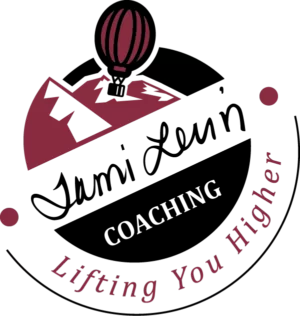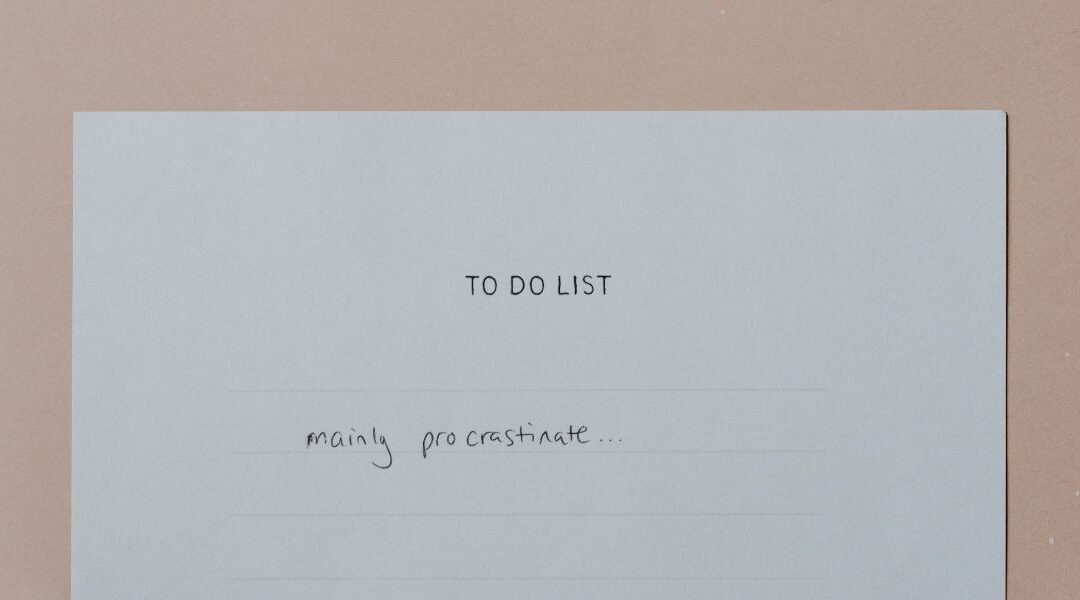We often think procrastination happens because we’re too busy or don’t have enough time. But, more often than not, it’s about how we feel not how full our schedule is. We beat ourselves up and wonder, “How can I stop procrastinating?”
Think about it. How many times have you put off a task, not because you couldn’t fit it in, but because you just didn’t feel like it? Maybe it felt overwhelming, boring, or intimidating. Instead of digging in anyway, you hoped that tackling the “fun” thing first would create momentum. So, you chose something easier, more urgent, or more enjoyable.
Sometimes that works. But if you’re honest, you’ve probably noticed a pattern. Those least enjoyable tasks are the ones that keep rolling over from one day to the next, quietly weighing you down.
Why We Procrastinate
Procrastination is often a form of emotional avoidance. When a task feels uncomfortable because it requires focus, confrontation, or risk, our brains look for relief. That’s when we reach for distractions, other work, or even the illusion of productivity (“I’ll just check my email one more time…”).
The truth? Procrastination isn’t about laziness—it’s about discomfort. And the only way through it is to act contrary to the way you feel.
How to Stop Procrastinating
Take Action Contrary to the Way You Feel
When you don’t feel like doing something, that’s often your signal to do it anyway.
Start small if you need to. Set a timer for 5 minutes and begin. Once you’re in motion, your emotions start to shift. The resistance fades and accomplishment replaces avoidance.
And for the overachievers reading this? Here’s your challenge: do the least enjoyable task on your list before noon.
That one action can change the tone of your entire day. The mental weight lifts, your productivity rises, and you’ll feel free to focus on what truly matters instead of what you’re avoiding.
A Simple Experiment
Try this once this week:
- Pick the task you’ve been avoiding most.
- Commit to doing it first (also known as the frog method).
- Notice how your energy and focus change afterward.
You might be surprised by how light you feel—and how much more you accomplish.
If you give this a try, I’d love to hear how it goes! Reach out to share what shifted for you.
And remember: Procrastination doesn’t define you; your next action does.

